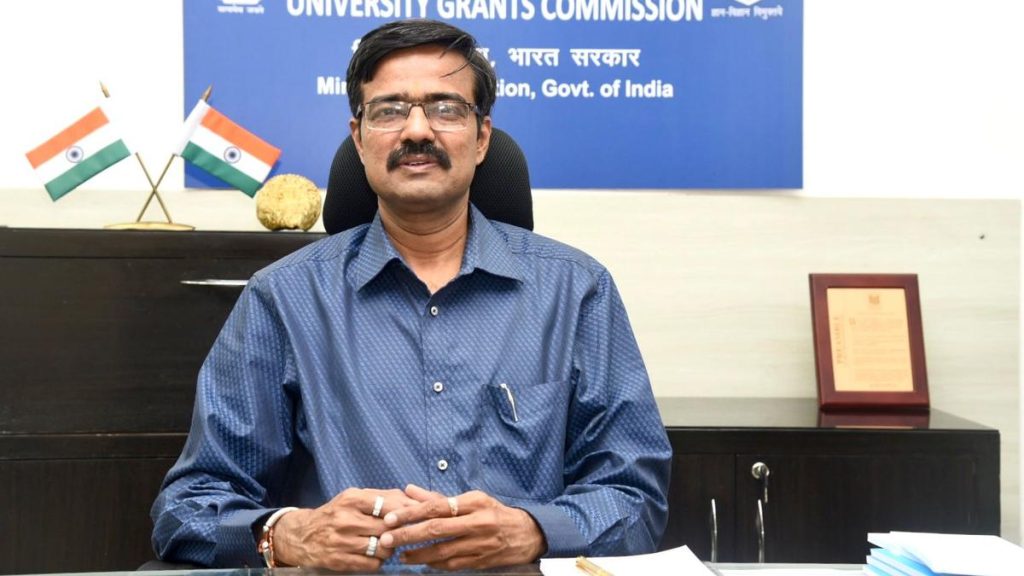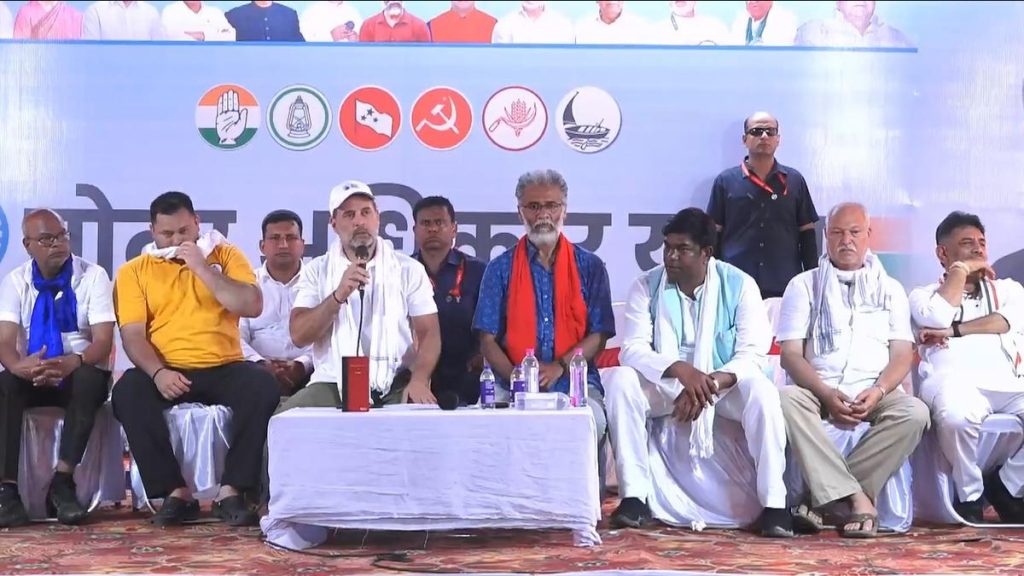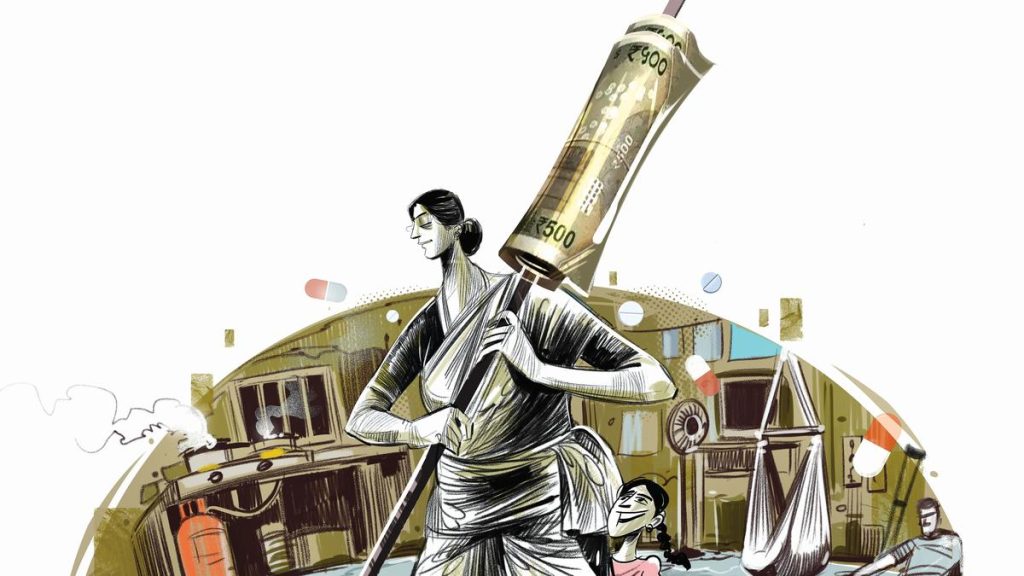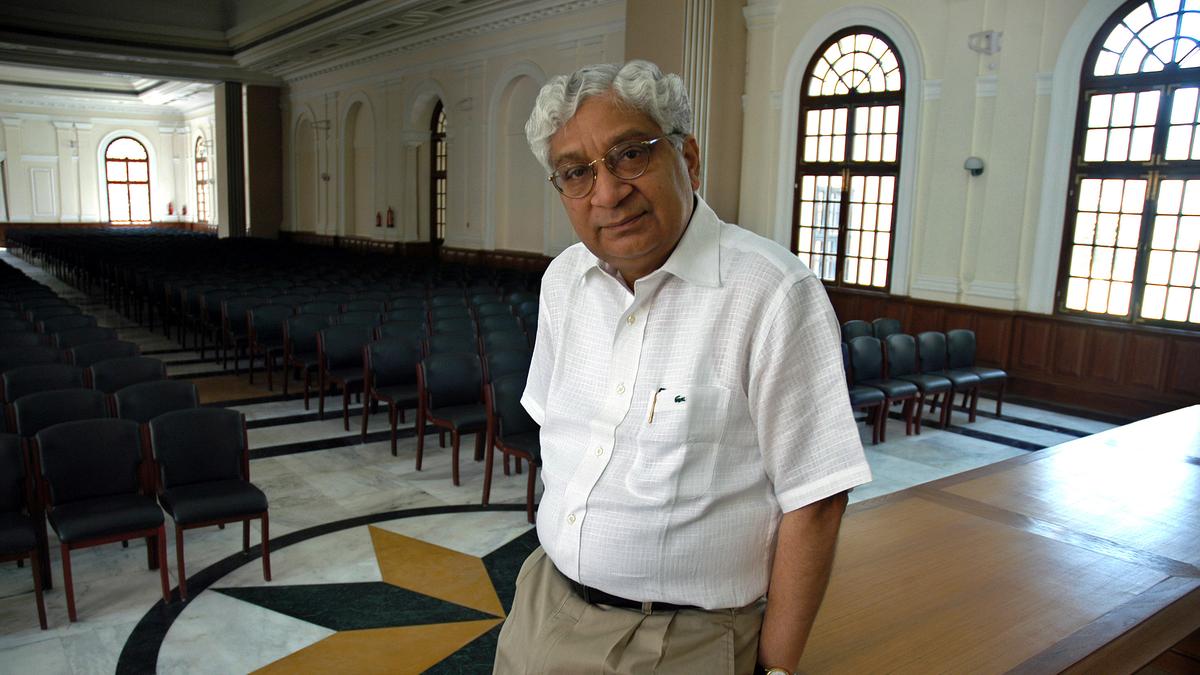Now Reading: Stop Custodial Brutality, Transform Criminal Justice System
-
01
Stop Custodial Brutality, Transform Criminal Justice System
Stop Custodial Brutality, Transform Criminal Justice System
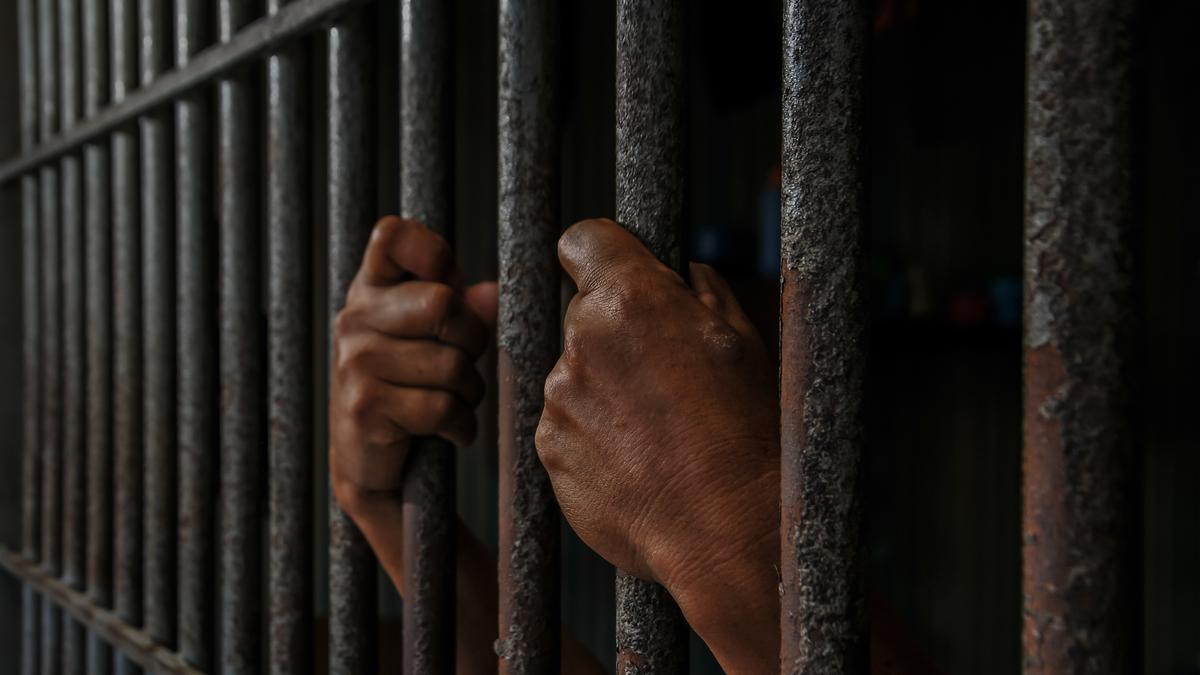
Quick Summary:
- Ajith Kumar, a 27-year-old temple security guard in Sivaganga, Tamil Nadu, recently died in police custody. His autopsy revealed 44 injuries, cigarette burns, and exposure to narcotics.
- Between 2021 and 2025, several custodial deaths were documented in Tamil Nadu:
– Vignesh (25) died hours after detention in Chennai (2022).
– Raja (dalit cook) passed away after being accused of petty theft (Villupuram, 2024).
– A tiruchi autorickshaw driver succumbed to injuries under suspicious circumstances (2023).
- Criticism highlights systemic issues: excessive policing budgets devoted to hardware over officer welfare/training; lack of psychological support for police officers resulting in stress-induced violence.
- Proposed reforms include reallocating funds for mental health services within the force; quarterly counselling; updated training curricula emphasizing empathy and human rights; strict anti-custodial violence laws with mandated surveillance technologies like tamper-proof CCTV and robust oversight mechanisms.
- Advocates call for policing practices rooted in service and restraint while seeking transformative structural reform.
Indian Opinion Analysis:
Custodial deaths expose deep flaws within India’s law enforcement system that transcend individual incidents. These recurrent tragedies highlight two pressing concerns: the frequent neglect of detainee rights alongside inadequate mental health support for officers who operate under immense pressure. The disproportionate investment in technology over human-centric reform speaks to a misaligned policy priority.The solution lies not only in procedural accountability-such as video monitoring during interrogations-but also forward-thinking legislative interventions specifically targeting custodial violence prevention.Updated training curricula focused on trauma-informed methods could bridge gaps between authority-driven control models and community-based policing approaches.
at a societal level, failure to address such systemic dysfunction erodes public trust while reinforcing cycles of marginalization-especially against minority groups ofen disproportionately affected by police excesses. Policy adjustments should integrate mental wellness into daily operations as non-negotiable essentials rather than optional initiatives. Ultimately, creating structures that respect both detainee dignity and institutional integrity may be India’s path toward lasting justice.


